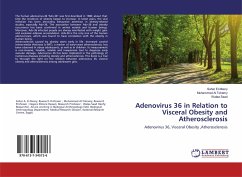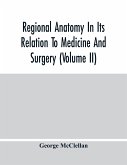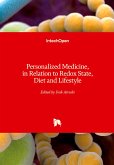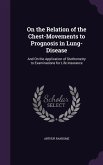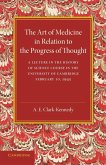The human adenovirus-36 ¿Adv-36¿ was first described in 1980; about that time the incidence of obesity began to increase. In latest years, the viral infection has been attracting exhaustive attention in obesity-related studies, especially Adv-36. The association between Adv-36 and obesity occurrence has been confirmed in animal models and human beings. Moreover, Adv-36 infected people are always manifested with weight gain and excessive adipose accumulation. Adv-36 is the only one of the human adenoviruses, which was found to have correlation with the obesity in human being. Atherosclerosis caused by obesity starts early in life. Increased carotid intima-media thickness (c-IMT), a marker of early-onset atherosclerosis, has been observed in obese adolescents, as well as in children. Its measurement is non-invasive, feasible, reliable and inexpensive tool to diagnose early vascular damage. Adenovirus 36 has been implicated in the pathology of numerous diseases including obesity and atherosclerosis. This book is a trial to through the light on the relation between adenovirus 36, visceral obesity and atherosclerosis among adolescent girls.

